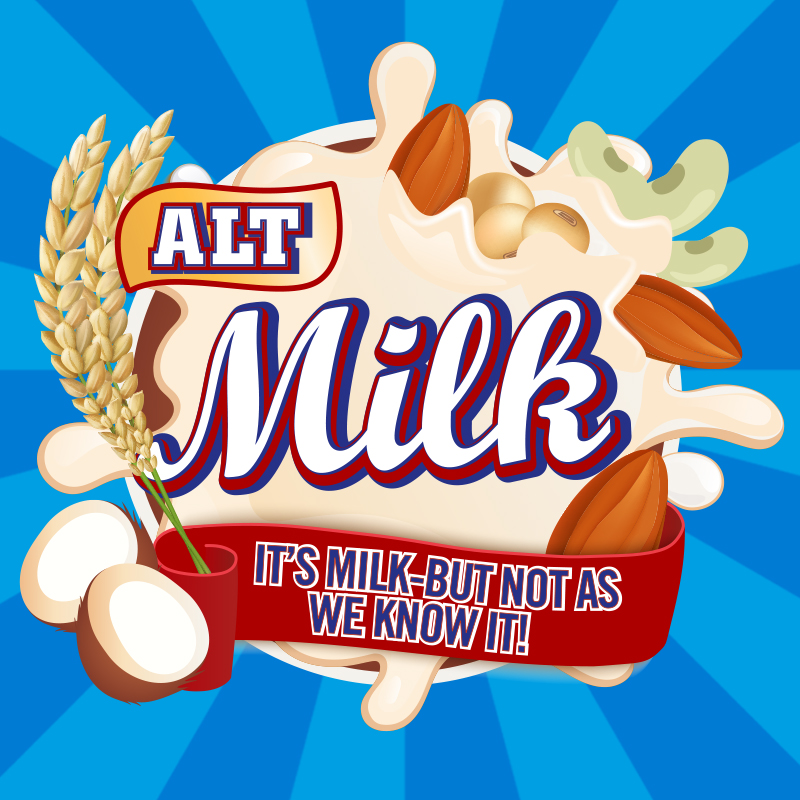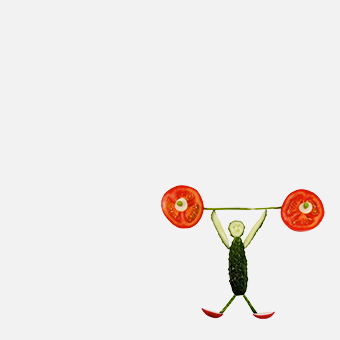Dairy free is having its moment. With Veganuary just behind us, supermarket shelves stacked with vegan goodies, and meat-free restaurants opening like flowers in May, it’s clear there’s a big shift in the national pantry. Add to that the rise of allergies and intolerances, many linked to dairy products, and we’re looking at dietary revolution. Dairy farming is also bad news for the environment – cattle produce approximately ten per cent of global greenhouse gases – and consumers, particularly the young, are on the lookout for greener alternatives.
But then there’s the cow’s milk issue – the doing without.
For many of us it’s a comfort thing. We grew up on it. Creamy, white, luxurious, full of a thousand good things – it’s over there with bread and water in the staff-of-life corner. What else would you swirl in your tea or splash over your cornflakes?
But the country’s diet – and waistlines – being what they are, we’re keen at Active Nation to look at healthier alternatives. Besides, sales of plant-based milk are soaring. From 2015 to 2017 sales of alternative (alt) milks in the UK rose by a third to £376 million. In the same period sales of dairy milk rose by a meagre five per cent. (And overall milk consumption in the UK has dropped by about 30% in the last 20 years.) In the US the market for plant-milk is around $2 billion.
The nutrition issue
If there is a problem using alt-milk as a complete substitute for dairy, it’s to do with nutritional deficit. Cow’s milk is a good source of essential vitamins and minerals like iodine, calcium, potassium and phosphorus, along with vitamin B12. A lot of alt-milk needs to be fortified if it’s to make good on the nutrition – so keep an eye out. Most nutritionists don’t advise it as a substitute for children who need those vitamins and minerals. Cow’s milk, particularly fuller fat, is also a cooking staple – and not all alt-milks are straight substitutes. Some are sweet, some salty, and some don’t contain the proteins – so it’s vital you check the recipes.
So what are the alternatives to dairy milk and are they any good for us?
Almond
Two out of every three pints of alt-milk drunk are almond. Although almonds pack a mighty nutritional punch, there’s only about 2% in milk, so a lot of the fibre, protein and calcium is missing. They are low calorie though and a lot of them are fortified with vitamins – although be on the look out for those crammed with salt.
Soya
Of all the alt-milks, soya is probably closest to cow’s. It’s got a similar profile in terms of protein, carbohydrates and fat, but it’s lighter on calcium, iodine and B vitamins, so once again, look out for fortified versions. Unlike dairy, soya isn’t naturally sweet, so beware varieties crammed with sugar.
Oat
Oat milk is a boon for people with multiple allergies that can include dairy, soya and nuts. Oats contain beta-glucan which can regulate cholesterol – although you’d need to drink it regularly. It’s low in vitamins and minerals, so once again you might want to look for fortified versions.
Coconut
Although people enjoy the sweet and familiar taste, it’s among the least nutritional of the alt-milks, and the most expensive. If you do want to use it as a complete substitute for dairy, you’ll need to seriously consider fortification.
Whether you are dairy or lactose-intolerant, are interested in healthy alternatives, or are seriously considering going vegan, alt-milks are having their day. But if you do give up on cow’s milk make sure you know where you’re getting those essential nutrients from. And make sure you read the label. You’ll want to get the benefits without the nasties.


















